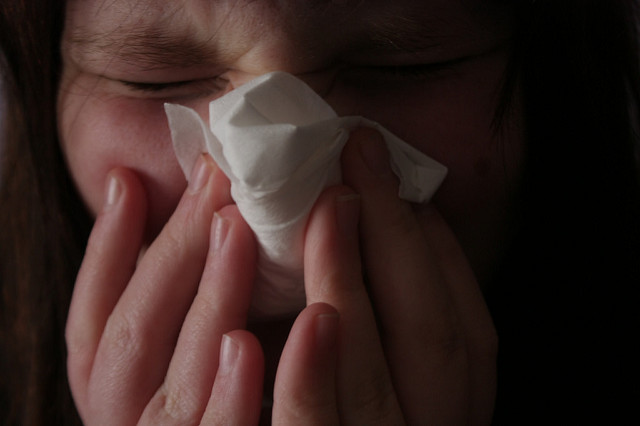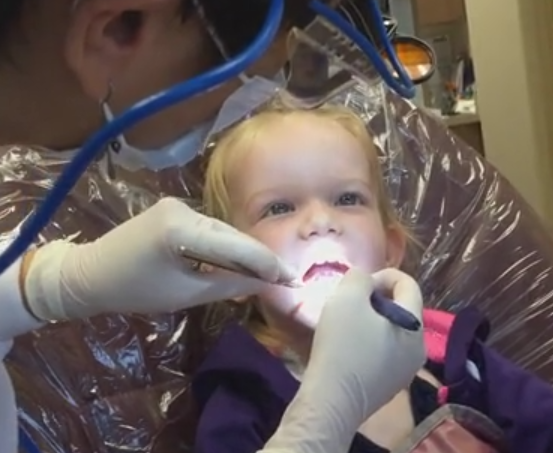There are certain oral health concerns related specifically to women, especially during different stages of her life. In general, women are more likely than men to be diagnosed with eating disorders, TMD (temporomandibular joint disorder), Myofascial Pain Syndrome and/or dry mouth.

Puberty/Menstruation
During puberty, a young woman’s production of the sex hormones progesterone and estrogen increases. This surge in hormones may contribute to swollen/sensitive gums and herpes-type lesions and ulcers. During menstruation periods, these symptoms may become magnified.
Oral Contraceptives
Because these contain progesterone or estrogen, they may mimic pregnancy dental symptoms such as bleeding, swollen and sore gums. Women using oral contraceptives have a much greater chance of developing a painful condition known as “dry socket” after an extraction. This is a situation where the blood clot does not form properly after and extraction resulting in a localized,painful inflammation. Be sure to inform your dentist if you are using oral contraceptives and having a tooth extracted.
Pregnancy
It is common for women to experience bleeding, swollen and painful gums; another condition that may develop is a “pregnancy tumor“, which is a benign growth that usually shrinks when the pregnancy is over. It is extremely important for pregnant women to practice regular and efficient oral hygiene to minimize these symptoms. There is some research that suggests that periodontal disease can result in pre-term deliveries and/or low birth-rate babies.
Menopause
Post-menopausal women often develop a debilitating condition called burning mouth syndrome, which can be painful and peak at night making sleep difficult. Other symptoms common to post-menopausal women are dry mouth and changes in taste. Most of these symptoms are relieved by estrogen supplements but this hormone replacement therapy can cause bleeding, tender swollen gums. Estrogen replacement therapy helps maintain the density of the jawbone, reducing the risk of tooth loss. Check with your dentist and physician if these symptoms persist to determine the best course of treatment.
Medication
Diet pills, antihistamines, some blood pressure drugs, antidepressants and certain other medications can cause a decrease in salivary flow. A chronic dry mouth may put you at risk for developing cavities and gum disease. Check with your dentist for a diagnosis and alternative remedies.








